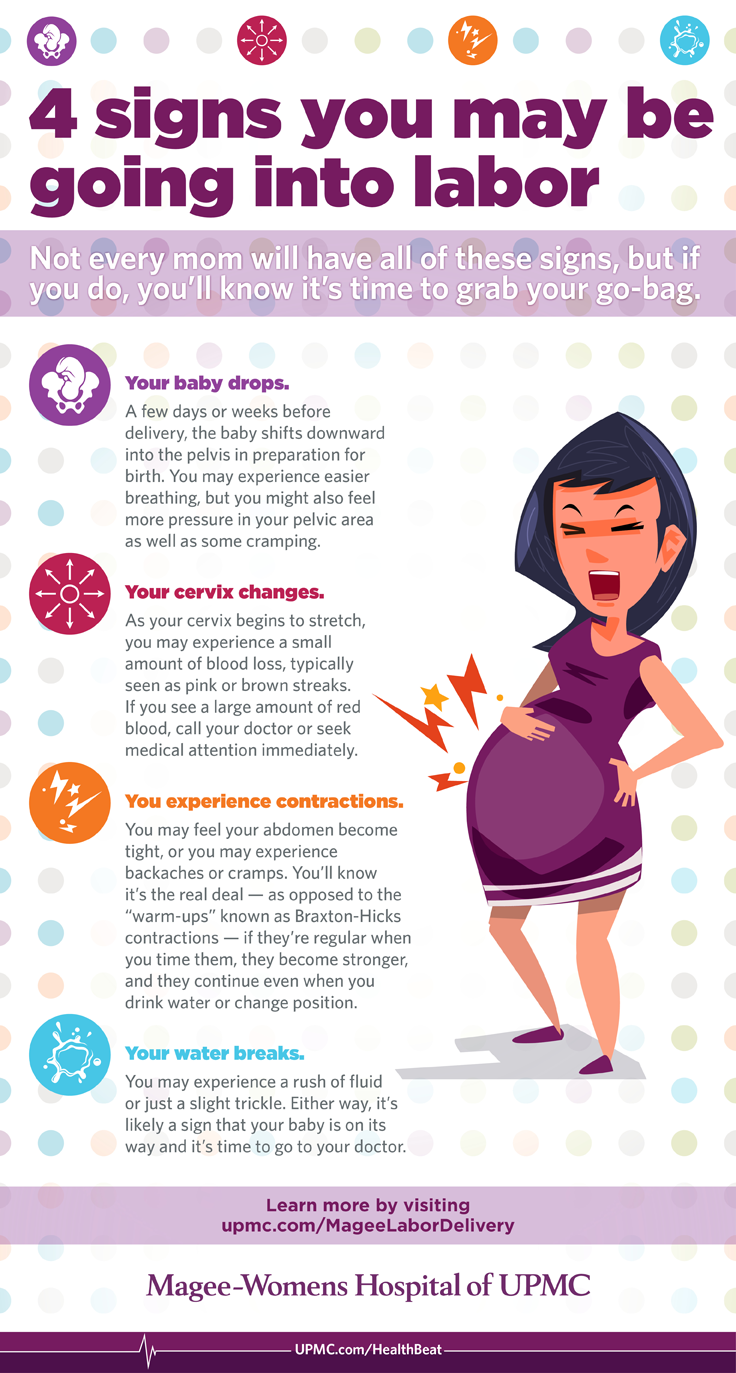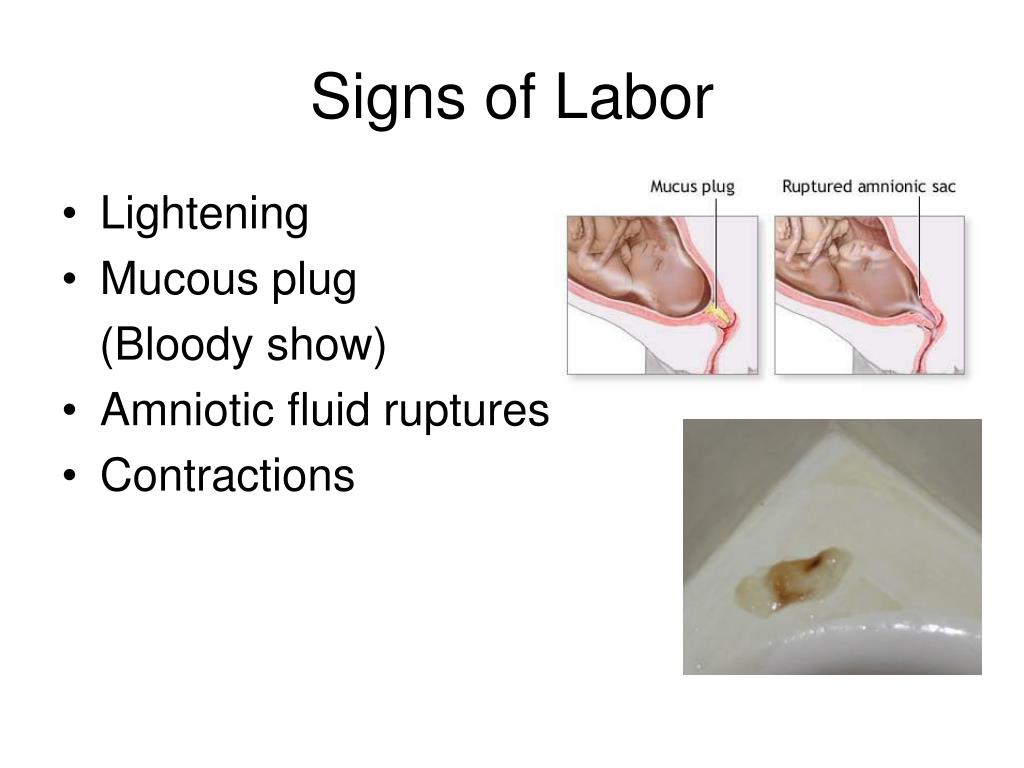Discharge A Sign Of Labor - During pregnancy, a thick plug of mucus blocks the opening of the cervix to keep bacteria from entering the uterus. As your body prepares for labor, several changes occur in the cervix and vaginal area, which can affect the consistency, color, and amount of. Signs of labor may include contractions, cramps, pelvic pressure, changes in vaginal discharge and loss of mucus plug — but.
During pregnancy, a thick plug of mucus blocks the opening of the cervix to keep bacteria from entering the uterus. As your body prepares for labor, several changes occur in the cervix and vaginal area, which can affect the consistency, color, and amount of. Signs of labor may include contractions, cramps, pelvic pressure, changes in vaginal discharge and loss of mucus plug — but.
Signs of labor may include contractions, cramps, pelvic pressure, changes in vaginal discharge and loss of mucus plug — but. During pregnancy, a thick plug of mucus blocks the opening of the cervix to keep bacteria from entering the uterus. As your body prepares for labor, several changes occur in the cervix and vaginal area, which can affect the consistency, color, and amount of.
Is Brown Discharge A Sign Of Labor? Here's What You Need To Know
Signs of labor may include contractions, cramps, pelvic pressure, changes in vaginal discharge and loss of mucus plug — but. As your body prepares for labor, several changes occur in the cervix and vaginal area, which can affect the consistency, color, and amount of. During pregnancy, a thick plug of mucus blocks the opening of the cervix to keep bacteria.
4 Signs You May Be Going into Labor UPMC HealthBeat
Signs of labor may include contractions, cramps, pelvic pressure, changes in vaginal discharge and loss of mucus plug — but. As your body prepares for labor, several changes occur in the cervix and vaginal area, which can affect the consistency, color, and amount of. During pregnancy, a thick plug of mucus blocks the opening of the cervix to keep bacteria.
Signs Of Labor Educational Tear Pad Childbirth Graphics
During pregnancy, a thick plug of mucus blocks the opening of the cervix to keep bacteria from entering the uterus. As your body prepares for labor, several changes occur in the cervix and vaginal area, which can affect the consistency, color, and amount of. Signs of labor may include contractions, cramps, pelvic pressure, changes in vaginal discharge and loss of.
Jelly Like Discharge During Pregnancy Is It Normal?
During pregnancy, a thick plug of mucus blocks the opening of the cervix to keep bacteria from entering the uterus. Signs of labor may include contractions, cramps, pelvic pressure, changes in vaginal discharge and loss of mucus plug — but. As your body prepares for labor, several changes occur in the cervix and vaginal area, which can affect the consistency,.
Signs of Labor Educational Tear Pad
During pregnancy, a thick plug of mucus blocks the opening of the cervix to keep bacteria from entering the uterus. As your body prepares for labor, several changes occur in the cervix and vaginal area, which can affect the consistency, color, and amount of. Signs of labor may include contractions, cramps, pelvic pressure, changes in vaginal discharge and loss of.
Light Blood In Discharge 38 Weeks Pregnant
During pregnancy, a thick plug of mucus blocks the opening of the cervix to keep bacteria from entering the uterus. As your body prepares for labor, several changes occur in the cervix and vaginal area, which can affect the consistency, color, and amount of. Signs of labor may include contractions, cramps, pelvic pressure, changes in vaginal discharge and loss of.
PPT Preparation for Birth PowerPoint Presentation, free download ID
During pregnancy, a thick plug of mucus blocks the opening of the cervix to keep bacteria from entering the uterus. Signs of labor may include contractions, cramps, pelvic pressure, changes in vaginal discharge and loss of mucus plug — but. As your body prepares for labor, several changes occur in the cervix and vaginal area, which can affect the consistency,.
Signs of Labor The Pregnancy Nurse
Signs of labor may include contractions, cramps, pelvic pressure, changes in vaginal discharge and loss of mucus plug — but. During pregnancy, a thick plug of mucus blocks the opening of the cervix to keep bacteria from entering the uterus. As your body prepares for labor, several changes occur in the cervix and vaginal area, which can affect the consistency,.
7 Early Signs Of Labor Pain And When To Go To Hospital
As your body prepares for labor, several changes occur in the cervix and vaginal area, which can affect the consistency, color, and amount of. During pregnancy, a thick plug of mucus blocks the opening of the cervix to keep bacteria from entering the uterus. Signs of labor may include contractions, cramps, pelvic pressure, changes in vaginal discharge and loss of.
Signs of Labor The Pregnancy Nurse
Signs of labor may include contractions, cramps, pelvic pressure, changes in vaginal discharge and loss of mucus plug — but. As your body prepares for labor, several changes occur in the cervix and vaginal area, which can affect the consistency, color, and amount of. During pregnancy, a thick plug of mucus blocks the opening of the cervix to keep bacteria.
Signs Of Labor May Include Contractions, Cramps, Pelvic Pressure, Changes In Vaginal Discharge And Loss Of Mucus Plug — But.
As your body prepares for labor, several changes occur in the cervix and vaginal area, which can affect the consistency, color, and amount of. During pregnancy, a thick plug of mucus blocks the opening of the cervix to keep bacteria from entering the uterus.









